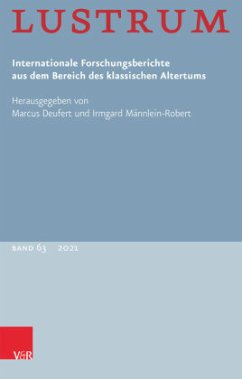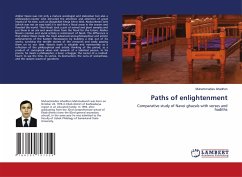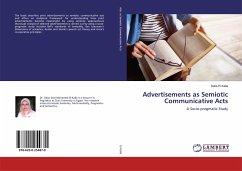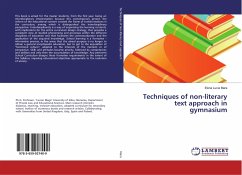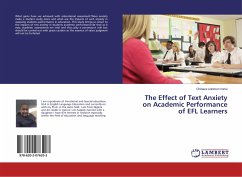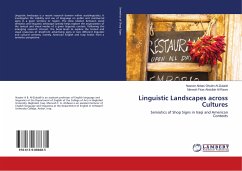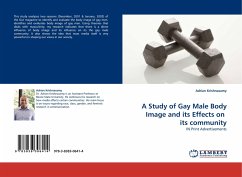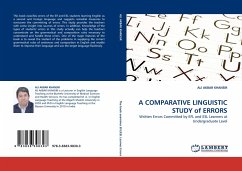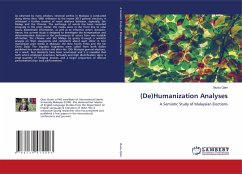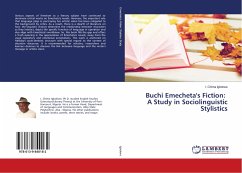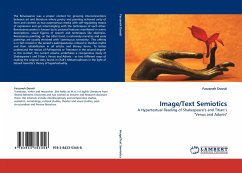
Image/Text Semiotics
A Hypertextual Reading of Shakespeare''s and Titian''s "Venus and Adonis"
Versandkostenfrei!
Versandfertig in 6-10 Tagen
45,99 €
inkl. MwSt.

PAYBACK Punkte
23 °P sammeln!
The Renaissance was a proper context for growing interconnections between art and literature where poetry and painting achieved unity of form and content as two autonomous media with self-regulating means of expression and yet intermingling with the techniques of each other: Renaissance poetry is known by its pictorial features manifested in scenic descriptions, visual figures of speech and techniques like ekphrasis. Renaissance painting, on the other hand, is extremely narrative and early paintings are usually enriched with continuous narrativity'. This affinity is in fact rooted in the perio...
The Renaissance was a proper context for growing interconnections between art and literature where poetry and painting achieved unity of form and content as two autonomous media with self-regulating means of expression and yet intermingling with the techniques of each other: Renaissance poetry is known by its pictorial features manifested in scenic descriptions, visual figures of speech and techniques like ekphrasis. Renaissance painting, on the other hand, is extremely narrative and early paintings are usually enriched with continuous narrativity'. This affinity is in fact rooted in the period's palimpsestuous interest in Ovidian myths and their rehabilitation in all artistic and literary forms. To better understand the notion of Palimpsests or literature in the second degree' in this context, the current volume undertakes a comparative study of Shakespeare's and Titian's Venus and Adonis as two different ways of reading the original story found in Ovid's Metamorphoses in the light of Gérard Genette's theory of hypertextuality.



